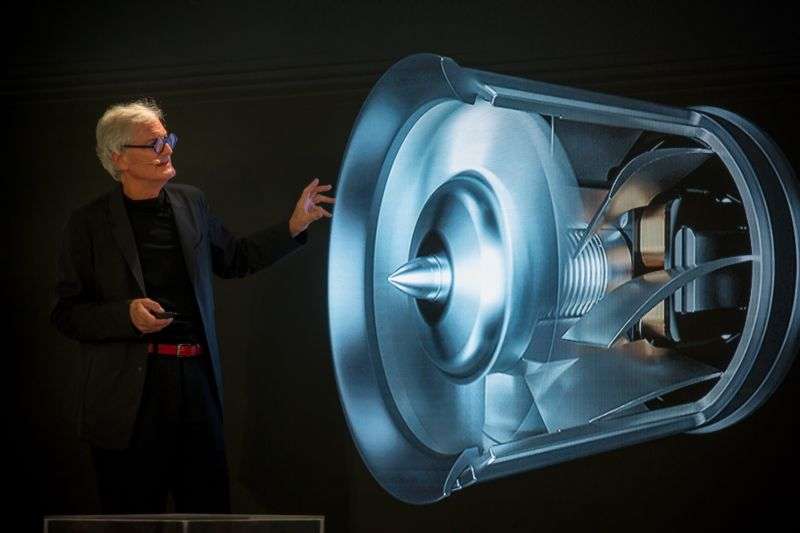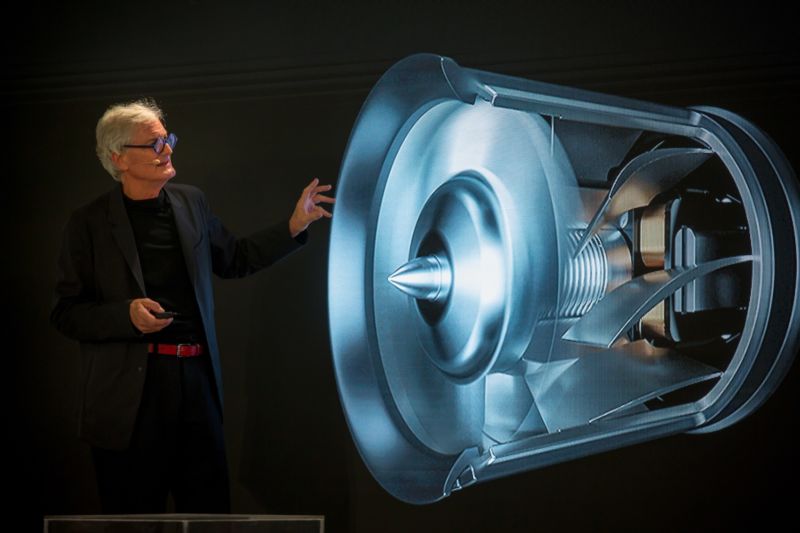
Dyson kills its plan to challenge Tesla with an electric car

Enlarge / James Dyson, founder and chairman of Dyson Ltd., speaks during the launch of the Airwrap product during the company’s beauty technology launch event in New York on Tuesday, Oct. 9, 2018. (credit: Michael Nagle/Bloomberg via Getty Images)
James Dyson, the inventor and Brexiteer, revealed in 2017 that his company was planning on making an electric vehicle. The plan was to invest $3.2 billion (£2.5 billion) in the project, which would capitalize on the company’s expertise with smaller electric motors—the ones in his vacuum cleaners—as well as developing solid-state batteries to power the vehicle. The battery EV was due to arrive in 2021 and would have been built not in the UK but in Singapore. But now, those plans are cancelled.
Despite developing what he referred to as “a fantastic car,” in an email to his staff Dyson revealed that “[t]hough we have tried very hard throughout the development process, we simply can no longer see a way to make it commercially viable.” Which is bad news for the 532 employees who have been working on the Dyson BEV for the last four years, although the company will do its best to absorb those workers into other roles.
In the email, Dyson revealed that he had been trying to find a buyer for the project but was unable to do so. This difficulty will come as no surprise to industry watchers; although Tesla has managed to establish itself as a car company, it’s had a harder time making money selling those cars. Meanwhile, other more recent entrants like Faraday Future and Nio have had an ever rougher time.
Read 1 remaining paragraphs | Comments




